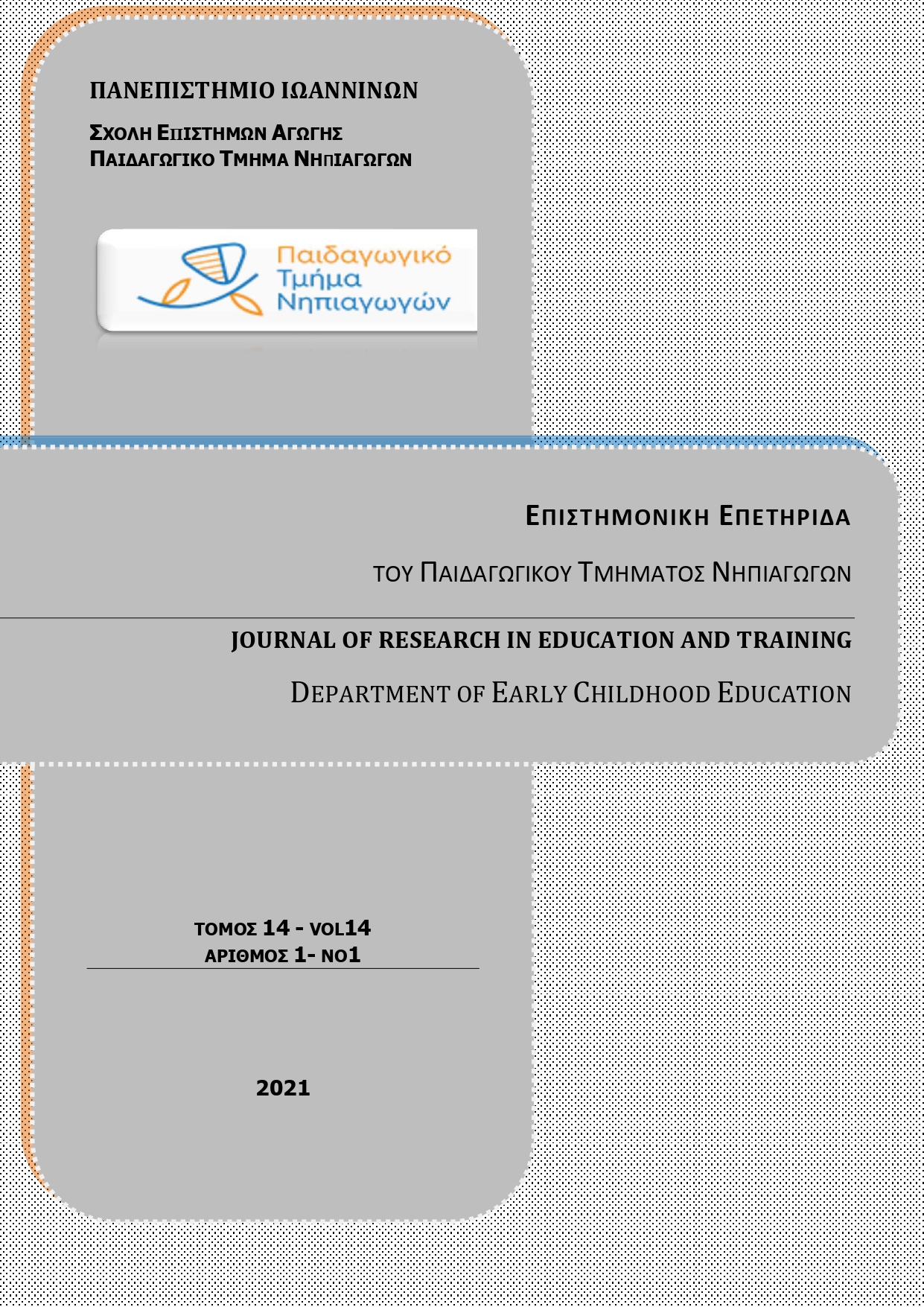Inclusion of students with intellectual disability

Abstract
The present paper concerns the inclusion of pupils with Intellectual Disability (ID) in primary and secondary education. The aim of the paper is to highlight the positive effects of the inclusion of pupils with ID and to propose ways of its effective implementation. In addition, reference is made to the difficulties and inhibiting factors that impede the effective implementation of inclusive education in the particular student population. A review of the international literature was carried out to investigate this issue. The review was done in databases (Scopus, Google Scholar, Science Direct) and the most relevant and recent articles were selected based on the date and more specifically from 2005 onwards. The majority of articles, however, are within the last decade. The results of the literature search revealed 20 articles from international scientific journals. Based on the literature, it appears that students with mild / moderate ID can be included more easily in general education classes and their inclusion has no negative effect on the same and the rest of the students. More specifically, in the context of the general classroom, the independence of students with ID, social maturity and the imitation of appropriate behaviors are enhanced. Inclusion also contributes to positive changes in the attitudes of typically developing students, in recognizing the potential of people with disabilities and increasing the social interactions of students with ID with their classmates, in the social acceptance of students with ID and in their integration.
Article Details
- How to Cite
-
Koukouvetsou, M. (2022). Inclusion of students with intellectual disability. Journal of Research in Education and Training, 14(1), 51–68. https://doi.org/10.12681/jret.22794
- Issue
- Vol. 14 (2021)
- Section
- Articles

This work is licensed under a Creative Commons Attribution-NonCommercial-ShareAlike 4.0 International License.
Authors who publish with this journal agree to the following terms:
- Authors retain copyright and grant the journal right of first publication with the work simultaneously licensed under a Creative Commons Attribution Non-Commercial License that allows others to share the work with an acknowledgement of the work's authorship and initial publication in this journal.
- Authors are able to enter into separate, additional contractual arrangements for the non-exclusive distribution of the journal's published version of the work (e.g. post it to an institutional repository or publish it in a book), with an acknowledgement of its initial publication in this journal.
- Authors are permitted and encouraged to post their work online (preferably in institutional repositories or on their website) prior to and during the submission process, as it can lead to productive exchanges, as well as earlier and greater citation of published work (See The Effect of Open Access).


